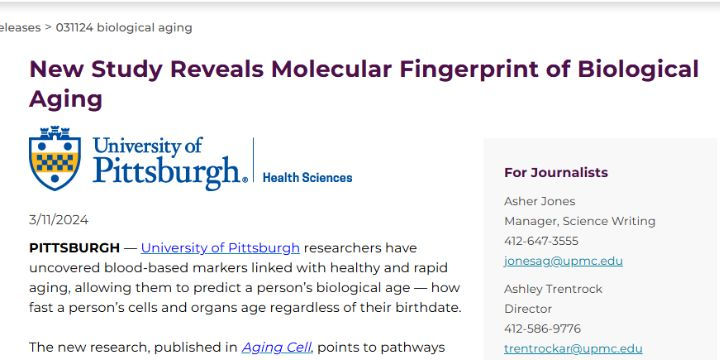Revolutionary Blood Test Reveals Biological Aging Secrets: Aspartate and Metabolism Key to Physical Fitness
- Oct 1, 2025
- 2 min read

Could a simple blood test soon tell you not just your cholesterol levels, but how well your body is truly aging? According to groundbreaking research, the answer is a resounding yes. Scientists have uncovered a "molecular fingerprint" in the blood that acts as a powerful predictor of physical fitness and healthy aging in older adults.
A study led by Wolfram Weckwerth from the University of Vienna and Nankai University combined advanced metabolomics with cutting-edge machine learning to decode the molecular processes behind active aging. Researchers first created a comprehensive "Body Activity Index" (BAI) for 263 older adults by measuring their endurance, strength, and balance. They then analyzed 35 small-molecule metabolites in blood samples from the same individuals. The results were stunning: the molecular signature in the blood, revealed through the Biological Aging Blood Test, mirrored the physical fitness scores with remarkable accuracy, showing a strong correlation between the two indices.
Using powerful AI models, the researchers could distinguish between 'active' and 'less-active' participants with over 91% accuracy. Among the molecules that mattered most, one amino acid stood out: aspartate. It was identified as the single most dominant biomarker for an active lifestyle and healthy biological aging.
But the study went further than just identification. The team discovered that physical activity fundamentally "rewires" our metabolism. An advanced modeling tool revealed that two well-known liver enzymes, AST and ALT, act as central hubs in this rewired metabolic network. Active individuals showed greater fluctuations in these enzymes, a sign of enhanced metabolic flexibility in their liver and muscles.
This has profound implications, even for brain health. Aspartate is also a key player in the brain, where it helps activate receptors essential for learning and memory. By demonstrating how physical activity boosts aspartate-related pathways, the research suggests a molecular bridge between muscle-liver health and brain resilience, potentially offering a way to track and protect against age-related cognitive decline and dementia.
As lead researcher Wolfram Weckwerth states, "Physical activity does more than building up muscle mass. It rewires our metabolism at the molecular level". This new understanding opens the door to personalized health monitoring, where a simple blood test could one day guide us all toward healthier, more active aging.











Comments